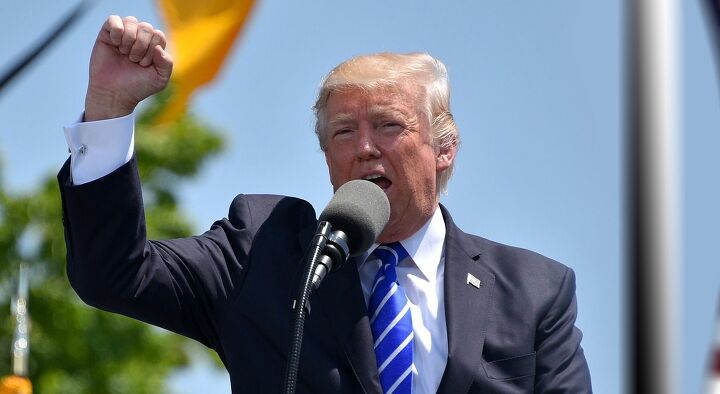#VehicleResearch
Pandemic Changes Car Buying Plans, Or Has It?
The pandemic has changed car buying plans for nearly three out of four shoppers who intended to buy in the next six months. New research from Comscore Automotive Data Mart, cited in a story today by Auto Remarketing, indicated the pandemic tops the concerns of four out of ten who had intended to buy.
You Not Having a Car With 'Superpowers' is Somehow Donald Trump's Fault
Supposedly, everyone eagerly anticipates the day they can own a shiny-new self-driving car, but automakers, regulatory agencies, consumer advocates, Silicon Valley, and the White House are debating how exactly that’s supposed to happen. They haven’t reached a consensus yet — and that’s probably not likely to change anytime soon.
Most autonomous cars rely on array of cameras, LIDAR, GPS, inertial measurement devices, and complex control systems used to interpret sensory information before reacting accordingly. Vehicle-to-vehicle communication systems (V2V) are regarded by many as essential components to establishing fully automated travel. The theory is that, by allowing cars to communicate directly on a broadband frequency, they can better predict each other’s movements.
However, a recent Bloomberg article accuses the technology of “going nowhere fast,” citing the Trump administration as the chief culprit, and alluding to the direct stifling of technology that would give cars “superpowers” in the next few years.
I probably won’t have the opportunity to say this often — and it feels kind of strange to say it now — but these accusations aren’t entirely fair to the president or his administration.

















Recent Comments